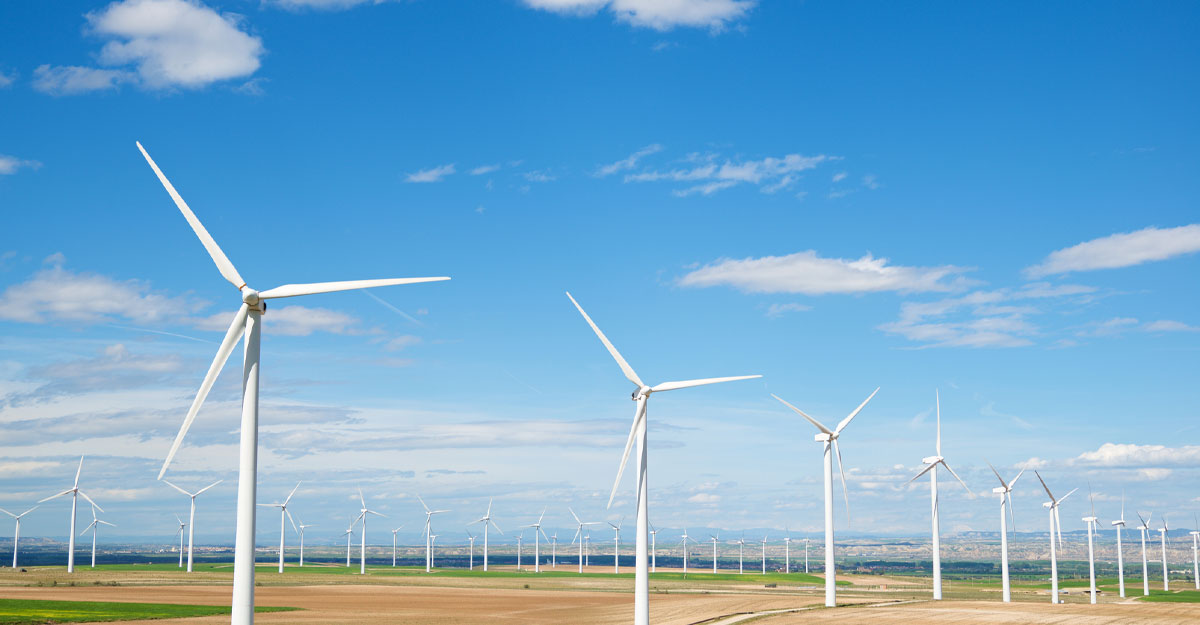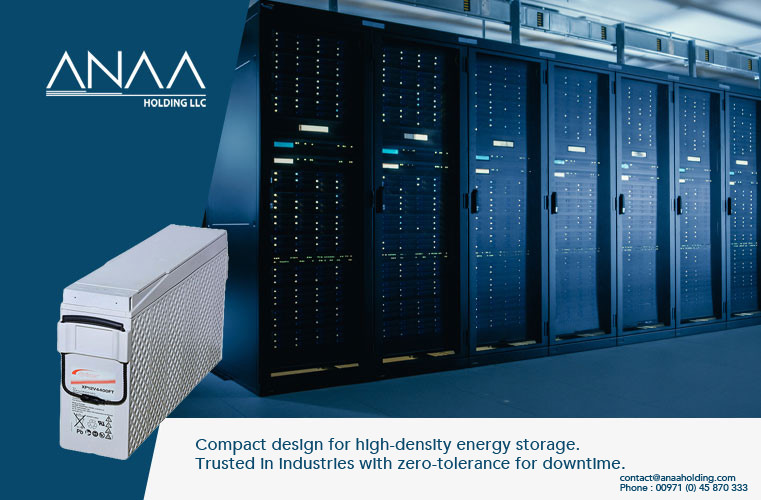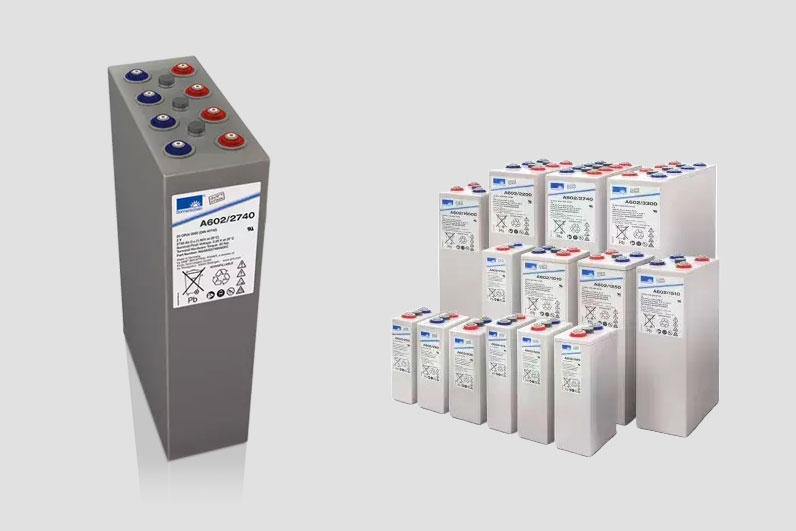
What is renewable energy and why is it important?
As renewable technologies have improved and tariffs have become cheaper, more SMEs have joined larger firms in supporting the fight against climate change. For businesses that want to do their bit, but aren’t sure where to start, choosing renewable is a purposeful step on the pathway to sustainability. Using renewable energy is one of the easiest and most affordable ways for a business to cut its carbon footprint and reach larger sustainability goals like net zero.
What is renewable energy?
Renewable energy is energy that’s created from sustainable sources.
Wind and solar power can be created without producing any greenhouse gases. But renewable fuels like biomass and biogas do emit harmful gases when they’re burned. These fuels are still thought to be cleaner than fossil fuels because they are made using carbon dioxide-absorbing organic matter.
While fossil fuels are all finite resources, renewable power generators use natural resources like wind, solar, and tidal energy to produce energy. Green gases like biogas, which can be produced from organic waste, can also be used to produce low-carbon heat.
Compared to fossil fuels, the key advantage of renewable energy is that it has a much lower impact on the environment and on human health. There is, however, an important distinction between being renewable and having zero carbon.
Get help to act on climate change
When shaping your energy approach, you can make the most of your investment by aligning business energy with your broader business objectives. For this, you need a partner with knowledge of the changing energy supply landscape, a strong service record, and flexible energy supply options with a focus on renewable.
We are uniquely positioned to provide an end-to-end service, making business supply an integral part of your overall solution. Whether you’re looking for a transition to renewable or just a better deal, we can shape an integrated energy solution that balances cost and environmental impact.




